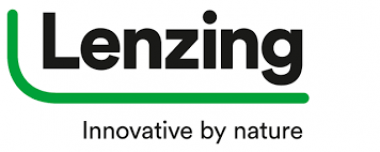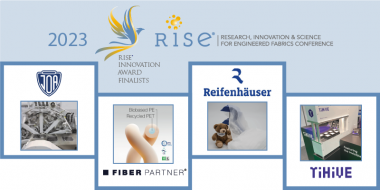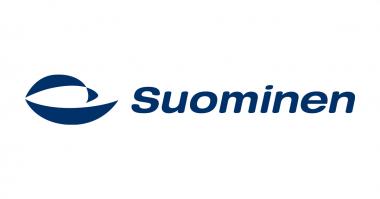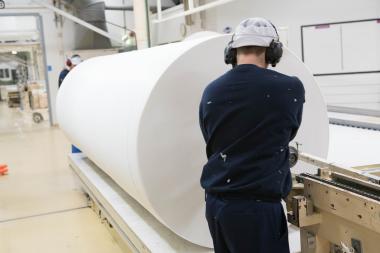Lenzing updated its climate targets
The Lenzing Group has updated its climate targets to align with the goals of the Paris Agreement to limit the human-induced global temperature increase to 1.5 degrees Celsius. The Science Based Targets Initiative (SBTi) has reviewed and confirmed this target improvement.
By 2030, Lenzing aims to reduce its direct emissions from the production of its fiber and pulp plants (scope 1) and its emissions from purchased energy (scope 2) by 42 percent and its indirect emissions along the value chain (scope 3) by 25 percent on the way to net zero, from 2021 baseline. This corresponds to an absolute reduction of 1,100,000 tons (instead of the previously targeted 700,000 tons).
The following targets were recognized and confirmed by the SBTi:
- Overall net-zero target: Lenzing AG commits to reach net-zero greenhouse gas emissions along the entire value chain by 2050.
- Near-term targets: Lenzing AG commits to reduce absolute scope 1 and scope 2 greenhouse gas emissions by 42 percent by 2030 from a base year 2021. Lenzing AG also commits to reduce absolute scope 3 greenhouse gas emissions from purchased goods and services, fuels and energy-related activities as well as upstream transport and distribution by 25 percent within the same timeframe.
- Long-term targets: Lenzing AG commits to reduce absolute scope 1 and scope 2 greenhouse gas emissions by 90 percent by 2050 from a base year 2021. Lenzing AG also commits to reduce absolute scope 3 greenhouse gas emissions by 90 percent within in the same timeframe.
These updated targets replace the old SBTi approved Lenzing Group’s climate target in 2019.
Lenzing AG

























